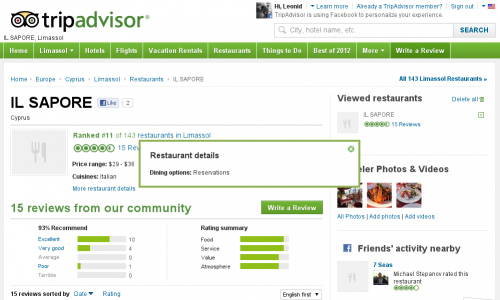Cyprus Mail shares some good news:
CYPRIOTS and other EU nationals on the move will now enjoy cheaper roaming charges under a deal struck yesterday by the European Commission and its lawmakers.
[…]
Under the new deal, charges on calls made while travelling in other EU countries cannot exceed 29 cents per minute and calls received while outside the home country should cost no more than 8 cents per minute.
Sending a text message while away has a ceiling charge of 9 cents per minute and accessing the internet, 70 cents per megabyte.
Currently under Cyta’s monthly-pay plan, roaming charges within the EU cost 41 cents per minute for an outgoing call, 12 cents per minute for a received call, 12 cents per text message, and 73 cents per megabyte for internet access. The new charges should reduce the cost of a call significantly for people using their mobile phones within the bloc. On outgoing calls alone users will save 12 cents per minute with the charge dropping from 41 cents to 29 cents.
By 2014 yesterday’s newly-agreed caps should go down by almost another third except internet costs, which would drop to 20 cents per megabyte, reports from Brussels said.
Ignoring the actual numbers, that’s music to my ears. I hope mobile Internet will go cheaper faster than that.

